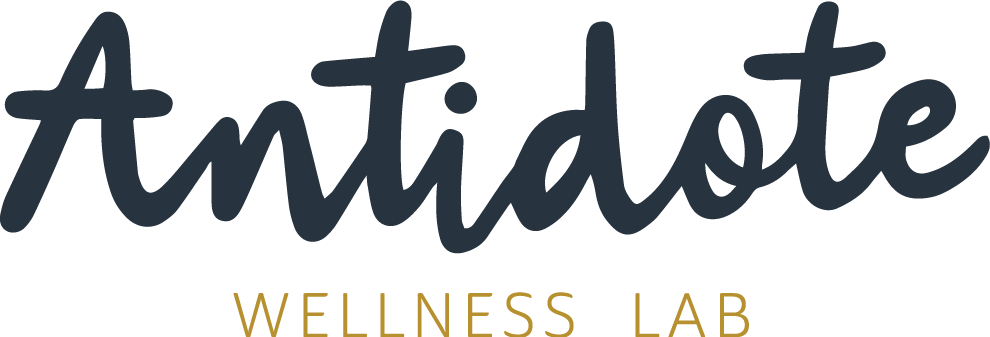Food for thought or Thoughts of food? - Navigating Emotional Eating
Hello! How are you today? Let me guess…… Good?... How about, Okay?
A simple response, not often a true reflection. Does this resonate? We don't regularly acknowledge our present emotions these days, we are either focusing on how we want to feel in the future or how something made us feel in the past. How often do you stop and really check in with yourself to answer this question? Recognizing your current state of emotion has several health benefits. So seriously stop right now and ask yourself. Take as long as you need to respond.
When we neglect to check in with ourselves, we grant permission for our subconscious to respond to our surroundings for us. Over time, we lose the fluency to read our physical and/or emotional cues, the mind slowly disconnects from the body. We become more reliant on our automated systems responsible for our primal functions such as: breathing, heartbeat, libido, sleep, digestion & appetite, which focus on surviving instead of thriving. This can result in looped behavioral patterns, for example emotional eating, and may eventually cause imbalances and/or dis-ease in the body. So how can we avoid or solve this problem? I won't lie, it’s proven difficult to simply take control of your emotions, like any deep wired pathways this takes time. However our goal is not to override our emotions, but to become an ally with them and create space to hear the body’s messages. Like any skill or language this takes time, practice and often support. Ideally the journey involves 3 key processes; recognition, replacement and reclamation, not necessarily linear. However, before we can reclaim our desired outcome, one must recognize the less desirable patterns and then replace them with habits that align and support how we want to feel. I refer to these habits as balancing strategies which will be different for each individual and may include food sources, movement practices, breathing techniques and self-care rituals, for example.
Along my journey of self healing, the Elemental Theory, taught by Traditional Chinese Medicine, became one of my primary languages utilized to navigate my symptoms. There are 5 main elements: Water, Wood, Fire, Earth and Metal, each associated with a specific emotion and paired organ system(s). The 5 emotions in corresponding order are: Fear, Anger, Joy, Worry and Grief. Each element also possesses a corresponding taste: Salty, Sour, Bitter, Sweet and Spicy, among several other correspondences all cyclic in nature such as; time of day, seasons, and stages of life, to name a few. It’s a complex ideology, however it can help benefit an emotional eater by directing our attention to potential imbalances and suggesting appropriate balancing strategies to encourage our emotional well being. What we eat is deeply wired to how we’re feeling, and therefore can act as a roadmap to our overall well being. In practice, I like to dissect emotional eating patterns through the lens of TCM but initially explore the 3 F’s.
The 3 F’s”
Force - how intense are your cravings or lack thereof?
Frequency - how often do they (thoughts/cravings/snacking) occur and when?
Feeling - what/where do you feel sensation within your body?
There is no one size fits all, so it's important to navigate your unique experiences and circumstances to find a solution that fits your goals. I highly recommend tracking the 3Fs in a journal for a dedicated period of time (ie. 1-2 weeks) to help acknowledge your patterns. This is a great platform to work from, creating space to acknowledge your emotions and potentially one step closer to uncover the habits that may be feeding/starving them. We do not decide our future, we choose our habits and the habits dictate our future.
If you’d like to explore your current nourishment and lifestyle strategies, address your unique imbalances, and build practices that align with your emotional wellbeing, book a 15 min FREE nourishment chat or attend my FREE Elements of Nourishment Info session, Wednesday Sept 20th @ 7pm introducing our upcoming Elements of Nourishment workshop series starting this October. (To Sign up for the FREE info session please email: info@antidotewellnesslab.com and a link will be sent to you the day of.)
References:
Lepore, S. J., Ragan, J. D., & Jones, S. (2000). Talking facilitates cognitive-emotional processes of adaptation to an acute stressor. Journal of Personality and Social Psychology, 78(3), 499–508, Joseph Ledoux. (1996) The Emotional Brain: The Mysterious Underpinnings of Emotional Life, Jean-Pierre Barral. (2007) Understanding the Messages of Your Body: How to Interpret Physical and Emotional Signals to Achieve Optimal Health
